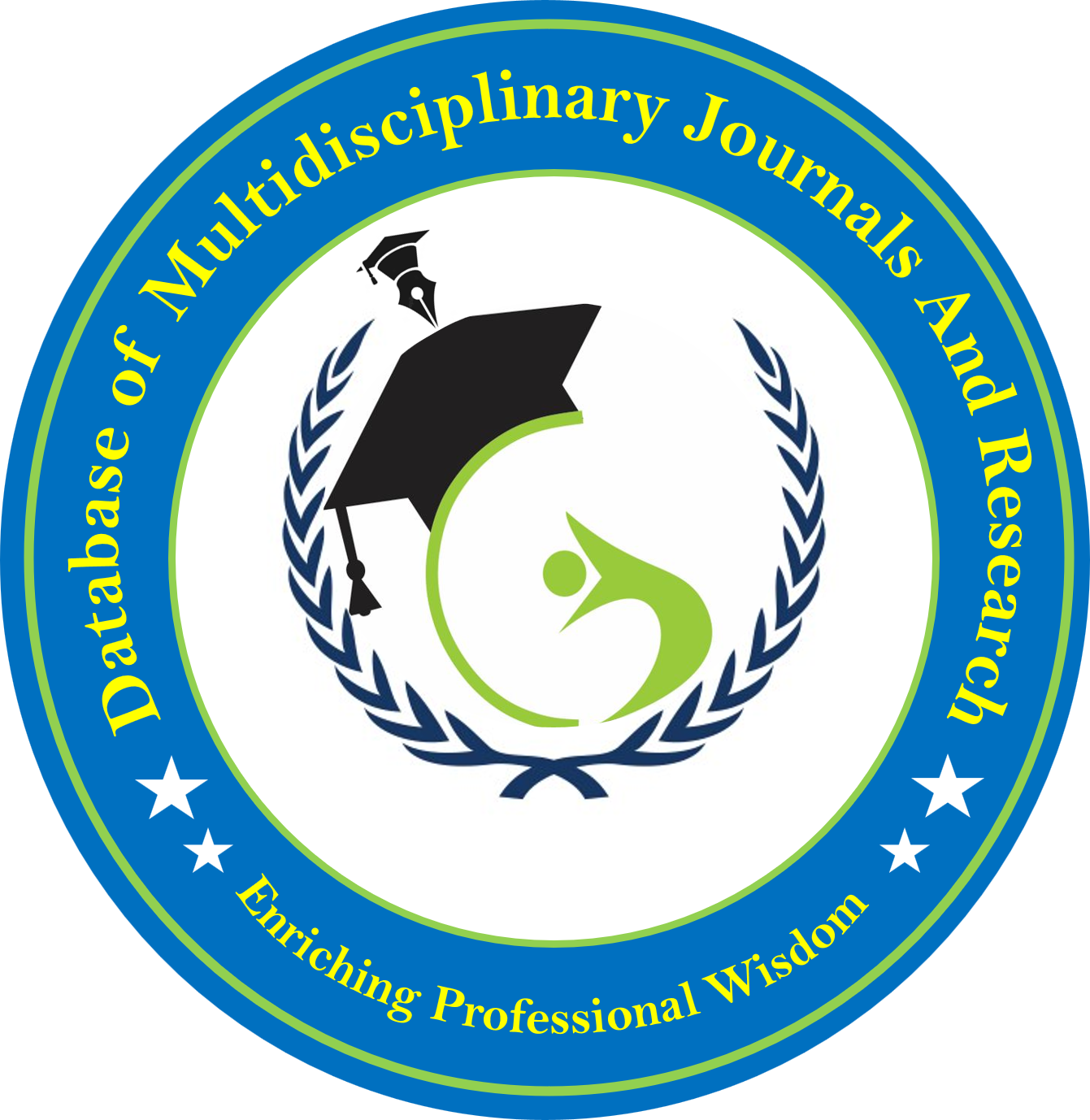Article Author: Dilton C. S. Maynard, Elayne Messias Passos
This paper analyzes Gilberto Freyre’s seminal work Nordeste (1937) as a foundational interpretation of Brazil’s Northeast, highlighting its selective focus on the agrarian, sugarcane-producing coastal zone while also acknowledging the region’s broader socio-geographic diversity. Freyre’s approach—shaped by anthropological influences, particularly those of Franz Boas—privileges cultural and historical processes over economic determinism, constructing a vision of the Northeast characterized by both opulence and decadence, tradition and modernity. By analyzing Freyre’s nostalgic and impressionistic prose, this paper highlights his emphasis on the legacy of the sugar aristocracy, portraying it as a stabilizing force amid modernization. Scholars such as Albuquerque (1999) and Silveira (1984) contextualize Freyre’s intellectual project, showing how his narrative both reflects and transcends oligarchic historiography by synthesizing environmental, cultural, and aesthetic concerns. Ultimately, Nordeste consolidates Freyre’s broader interpretive framework, offering a lasting—though contested—vision of regional identity that continues to shape discourse on the Brazilian Northeast.
Keywords: Gilberto Freyre; Brazilian Northeast; regional identity; sugarcane aristocracy; cultural history; Nordeste
Article Review Status: Published
Pages: 22-23




